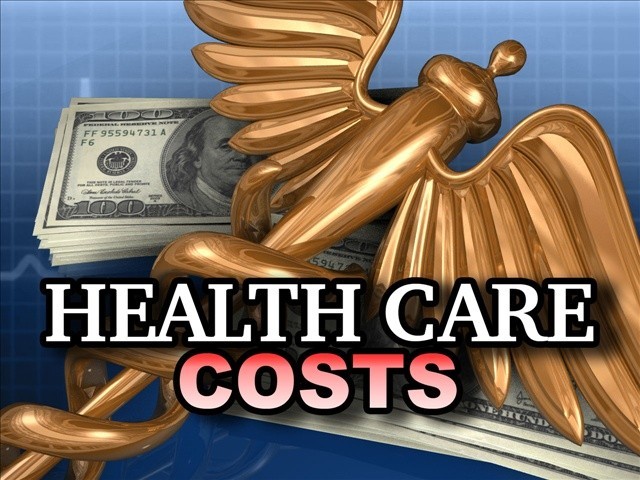It can be frustrating now to try to compare health plans on the government online marketplaces. For instance, the federal website that serves Illinois and 35 other states has no central directory to easily show which plans include which doctors in their networks.
What's more, it's nearly impossible to compare the out-of-pocket costs of different policies. Picking the wrong plan could mean paying extra - in some cases, up to thousands of dollars a year more.
A nonprofit group is offering a free online tool that provides more information, with the goal of turning the new insurance exchanges into truly functional competitive markets.
HealthPlanRatings.org uses actuarial data to estimate total annual costs for each plan tailored to a consumer's profile. It offers a doctor directory so people can see immediately which plans include their favorite doctors in their network. And it includes a five-star scoring system based on an independent group's quality ratings of health plans.
So far, it's being tested only in Illinois, but the software may someday be used to improve the official exchanges run by states and the federal government.
As envisioned, the exchanges were supposed to help keep health care costs in check as insurers competed for the business of informed customers. But the government sites aren't giving consumers the data they need to make the best choices, said Robert Krughoff, president of Consumers' Checkbook, the nonprofit group that developed the tool and would like to persuade governments to use its features.
"It's much too complicated for people and they end up with the wrong answers," Krughoff said. Consumers' Checkbook has a track record: More than 50 federal agencies subscribe to the group's online guide for employees choosing health plans available to them.
John and Alfiya Lambert recently used the new tool to choose a health plan in Illinois.
"We were impressed how easy it was to compare the various plans," said John Lambert. He's covered by Medicare, but his 56-year-old wife was uninsured. The Chicagoans were looking for a plan for her that would include their favorite doctor.
From 65 health plans available to them on the marketplace, they narrowed their choices to 42 that included their doctor. Then, based on one composite number for their estimated yearly costs, they selected a highly rated bronze plan.
The single-cost number "gives consumers a fighting chance to make a good decision," said Joel Ario, who oversaw initial planning for the insurance marketplaces in the Obama administration and is now a consultant with Manatt Health Solutions. He predicts other innovations will be developed by private industry.
"We'll have tools that go way beyond this," Ario said. "I'd bet on Amazon and Google to create the tools rather than a state exchange."
The list of complaints about the government websites, even from supporters of the law, is not limited to the technical glitches that plagued the sites initially, Krughoff said.
The federal site, HealthCare.gov, lists health plans in order of monthly premium price, starting with the least costly. But, for some people, the policy with the cheapest monthly premium isn't the least expensive option in the long run because of other costs such as copays and deductibles.
Depending on a person's health and income, picking the lowest premium could wind up costing up to $4,000 a year more than the best option.
The nonprofit's site includes a simple estimate of what a consumer's costs would be in a particularly bad year with high medical needs. And it allows consumers who know they're due for a specific medical procedure - like a hip replacement - to factor that into the equation.
Jessica Palys, an enrollment counselor for the Campaign for Better Health Care in Chicago, showed the Lamberts the new tool.
"When I first saw it I thought it was kind of stupendous, actually," Palys said. "I wish I had this at my fingertips before. It would have been so helpful."

http://accesswdun.com/article/2014/3/272099
